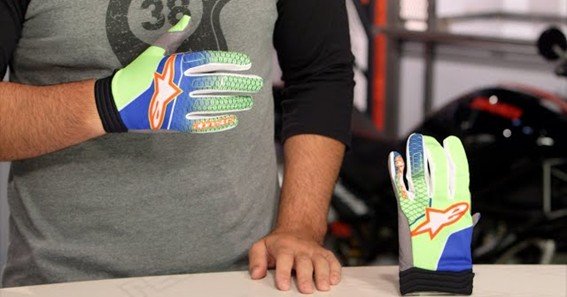In the realm of aviation, safety and functionality are paramount. One essential piece of gear that often goes unnoticed is the aviator glove. Designed to protect pilots’ hands while ensuring optimal control and dexterity, these gloves play a crucial role in both military and civilian aviation.
The Purpose of Aviator Gloves
1. Fire and Heat Resistance
A primary reason pilots wear aviator gloves is for protection against fire hazards. Constructed with materials like Nomex—a flame-resistant synthetic fabric—these gloves offer a barrier against sudden fires or high temperatures that may occur during emergencies.
2. Enhanced Grip and Control
Pilots require precise control over aircraft instruments. Aviator gloves often feature leather palms, providing a non-slip grip on controls, especially in turbulent conditions or when hands may become sweaty.
3. Protection from Abrasions and Cuts
The cockpit environment can expose pilots to sharp edges and rough surfaces. Wearing gloves helps prevent minor injuries, ensuring that pilots maintain full functionality of their hands throughout the flight.
4. Maintaining Cockpit Cleanliness
Gloves act as a barrier, preventing oils and sweat from the hands from transferring onto sensitive equipment, which can lead to wear or malfunction over time.
Materials and Design Features
Modern aviator gloves are crafted to balance protection with dexterity:
-
Nomex Fabric: Offers flame resistance without compromising flexibility.
-
Leather Palms: Provide durability and a secure grip on controls.
-
Touchscreen Compatibility: Some gloves incorporate conductive materials, allowing pilots to interact with digital displays without removing them.
-
Ergonomic Design: Pre-curved fingers and adjustable cuffs ensure a snug fit, reducing hand fatigue during long flights.
FAQ
Q1: Are aviator gloves mandatory for all pilots?
While not universally mandatory, many military and commercial aviation protocols recommend or require their use, especially in high-risk scenarios.
Q2: Can aviator gloves be used outside of aviation?
Yes, their protective features make them suitable for activities like motorcycling, shooting, and certain industrial tasks.
Q3: How should aviator gloves fit?
They should fit snugly without restricting movement, ensuring both protection and dexterity.
Q4: How do I care for my aviator gloves?
It’s best to follow the manufacturer’s instructions, but generally, avoid machine washing and instead opt for gentle hand cleaning to maintain their protective properties.
Q5: Where can I purchase quality aviator gloves?
Reputable suppliers include Evolution Helmets and Military Depot, offering gloves that meet military specifications.










